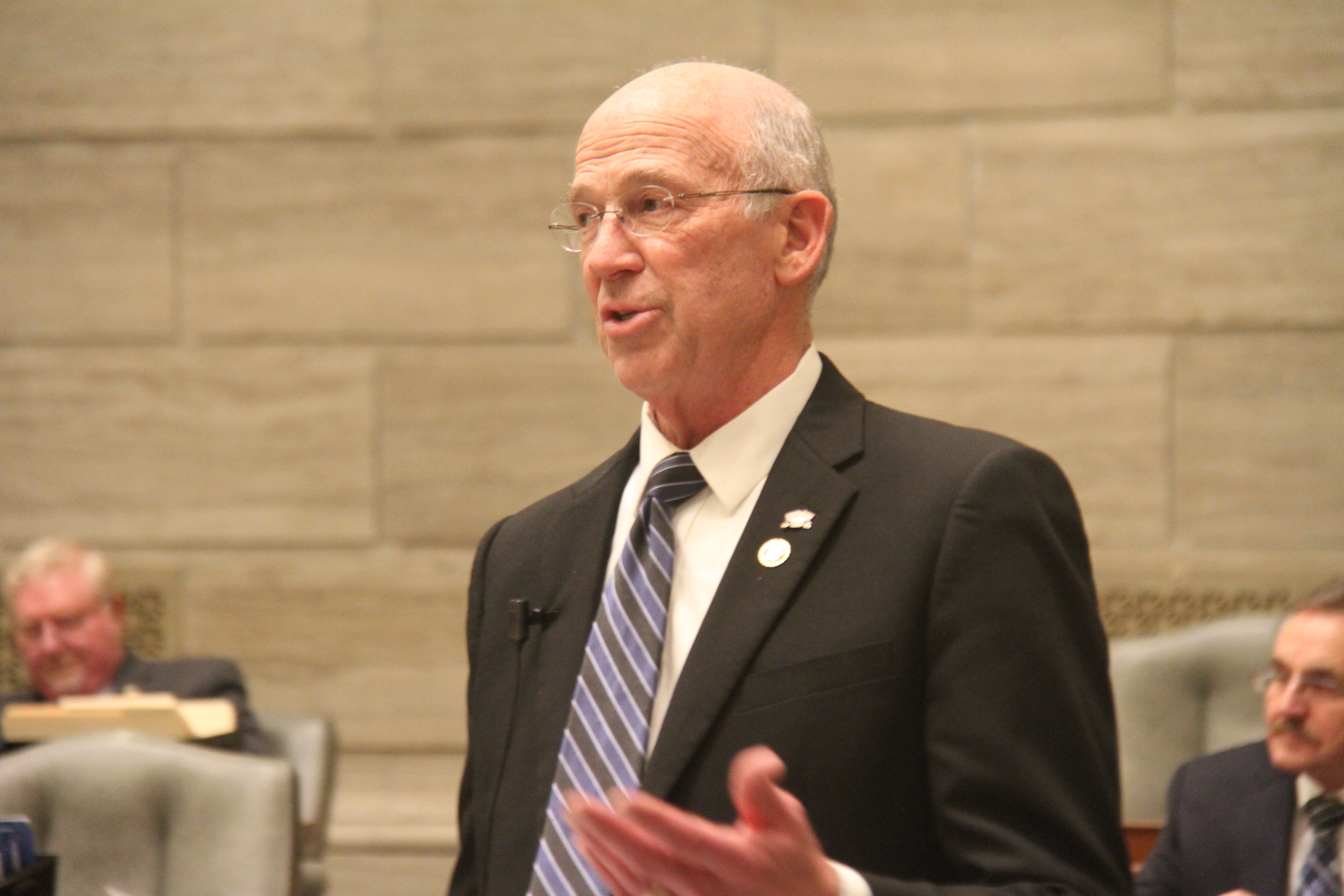JEFFERSON CITY, Mo. — After years of debate and negotiations, the Missouri General Assembly has finally agreed on a bill to advance a grid modernization.
After a filibuster in the Senate in February, much-heated debate, and countless hours this year’s version of the annual utility bill has been truly agreed to and finally passed. The House gave approval of Sen. Ed Emery’s SB 564 with a 125-20 vote on Wednesday. The emergency clause was approved with a 138-5 vote.
“Today’s action by the Missouri House of Representatives to pass SB 564 will accelerate modernization of the electric grid for a smarter, more resilient and secure grid while providing our customers greater stability through rate cuts and caps. This legislation will result in an almost 5% reduction in electric rates within 90 days after being signed into law to reflect federal tax cuts. In working to modernize the electric grid, lawmakers and stakeholders have crafted a bipartisan compromise that will greatly improve Missouri’s energy infrastructure for the benefit of our customers and the entire state,” said Warren Wood, vice president, external affairs & communications, Ameren Missouri.
In its simplest terms, the legislation would allow electric companies to recoup more of the costs from their customers for making improvements and modifications to the electrical grid. It would do that by allowing companies to be regulated under a different accounting method.
Major provisions of the bill would cap utility rates for five years at a level of 2.85 percent. It also would allow for the rates to be cut by more than $100 million per year by accelerating the process of the Missouri Public Service Commission to make up for the recent tax reform measures mandated at the federal level. That provision, in particular, would be effective 90 days from the passage of SB 564, which cuts the time down considerably, whereas before it would have to be done before the PSC during normally scheduled rate cases, a process that could take years to finish across the state.
Supporters argued that the bill will lower rates and put millions of dollars of infrastructure into the economy.
Opponents argued the bill will actually raise rates and that it is unneeded to refund consumers from the federal tax cut.

Alisha Shurr was a reporter for The Missouri Times and The Missouri Times Magazine. She joined The Missouri Times in January 2018 after working as a copy editor for her hometown newspaper in Southern Oregon. Alisha is a graduate of Kansas State University.



